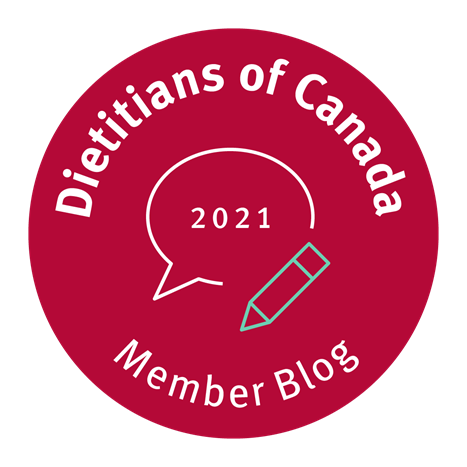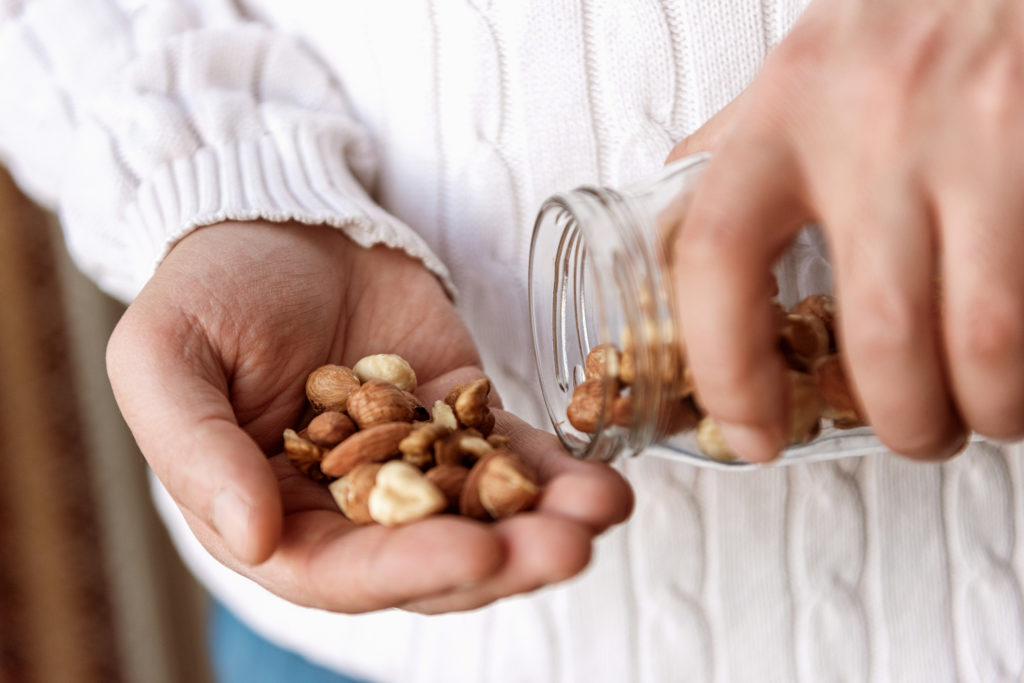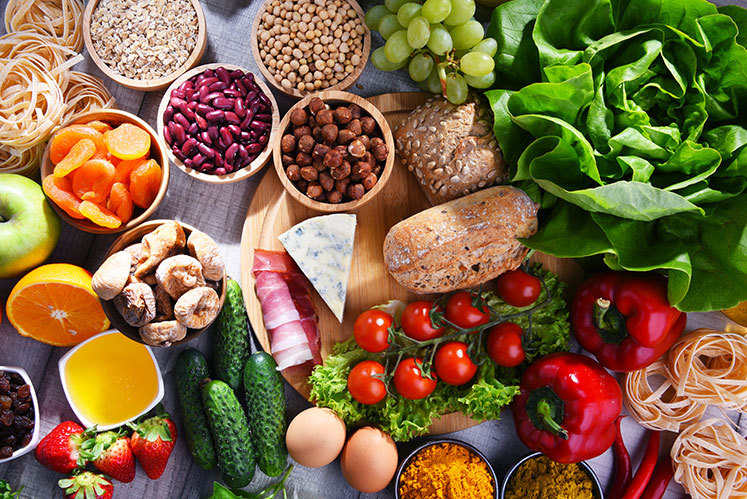Do you eat animal proteins, plant-based proteins, or both? Find out what this means for the quality of your diet and tips for getting what you need each day.
Protein is an essential component of our diets that helps to keep us full, build and maintain muscles, and is a key part of many processes within our bodies. We can get protein from both plant and animal sources. Animal proteins include beef, fish, chicken, or dairy products. Plant-based proteins come from beans, soy, nuts, lentils, peas, and seeds. Each of these protein sources contain a different set of nutrients that can help us to stay healthy.
As we shift to eating more plant-based proteins, how does that affect overall diet quality among Canadians? That’s the question University of Toronto researchers asked in a recently published article in the Journal of Applied Physiology, Nutrition and Metabolism [1]. They set out to answer this question by using the Canadian Community Health Survey to assess the diet quality of 6500 Canadian adults. They divided their subjects into one of these categories: mostly animal-based protein, mostly or completely plant-based proteins, or a combination of both sources of protein.
What they found
As the amount of plant protein increased, the researchers saw decreased intakes of saturated fat, protein, vitamin D, sodium, and vitamin B12. Some of these outcomes are in keeping with Health Canada’s recommendations to lower intakes of saturated fats and sodium. However, a lower intake of vitamin B12 would be a concern for those whose diets are higher in plant proteins. In contrast, as the amount of plant protein decreased, the researchers saw higher intakes of protein and vitamin B12 but lower intakes of fibre and omega-3 fatty acids.
The quality of the diets was compromised in the groups with lower than 25% plant-based proteins AND higher than 75% plant-based protein. The takeaway from this study is a diet with both animal- and plant-based proteins is the most nutritionally balanced.
What does this mean for me?
Animal-based protein eaters
- Diets that have more animal protein can be higher in saturated fats which are linked to a higher risk of heart disease. By replacing some animal-based protein sources with high-quality plant-based proteins such as beans and tofu, you can reduce the amount of saturated fat you eat. Check out Unlock Food’s “Facts on Saturated Fats” for more ideas on reducing your saturated fat intake.
- Diets that were higher in animal proteins were found to have lower amounts of omega-3 fatty acids which are healthy fats that may help to lower your risk of heart disease. Omega-3 fatty acids are found in fatty fish such as salmon or in flax seeds and walnuts. Some foods are also fortified with omega-3 fatty acids such as some eggs or dairy products. Check out this recipe for fish tacos to get started on adding more omega-3 fatty acids into your diet
Plant-based protein eaters
- The researchers found that the main source of protein for many plant-based protein eaters was breads and grains. Though these items have protein, they have lower amounts than sources such as soy or beans and lentils. This can lead to lower amounts of protein in your diet and the potential for not meeting your needs.
- Plant-based diets may also be low in vitamin B12 which is important for our nerves and healthy blood cells. Since many foods that are high in vitamin B12 come from animal proteins, those who abstain from animal products or who have only a small amount in their diet may not be getting enough. Check out Unlock Food’s “What You Need to Know About Vitamin B12” to learn more about your vitamin B12 needs and different sources.
- To see if you are getting enough protein throughout the day, check out FoodTrack—Check on Protein. If you need to increase your protein intake, try adding in more high-quality plant-based sources such as tofu, beans, or lentils. Try these Lentil Power Cookies or Veggie and Tofu Stir-Fry to start adding more high-quality plant-based sources of protein to your diet!
All Canadians
- The researchers found that many Canadians are not meeting their daily needs for fibre in their diet. Adequate fibre is linked to lower blood pressure, blood sugar control, staying full, and helping to keep our digestive system healthy. See if you are getting enough fibre in your diet by using our FoodTrack—Check on Fibre resource. If you want to add more fibre to your day, check out these fibre packed meal and snack ideas!
- It was also found that many Canadians may not be meeting their vitamin D needs every day. Check out our article How Can I get All the Vitamin D That I Need to determine if you are getting enough vitamin D, how you can get more, and determine if you may need a supplement.
- The researchers found that all diet types had large groups of people not meeting their calcium requirements. Calcium is important for the health of our bones and teeth and helps our muscles and nerves work properly. To determine if you’re getting enough, try the Calcium Calculator™ online tool or order the print resource.
Overall there is no perfect balance of animal and plant proteins in our diets however including protein foods that you enjoy from both sources will ensure you are getting what you need each day.
By Erica Cahill, dietetic student with Sydney Massey, MPH, RD

REFERENCE
-
Fabek et al. (2021). An examination of contributions of animal- and plant-based dietary patterns on the nutrient quality of diets of adult Canadians. Appl Physiol Nutr Metab. 2021 Feb 10. doi: 10.1139/apnm-2020-1039. Epub ahead of print. PMID: 33566737.



